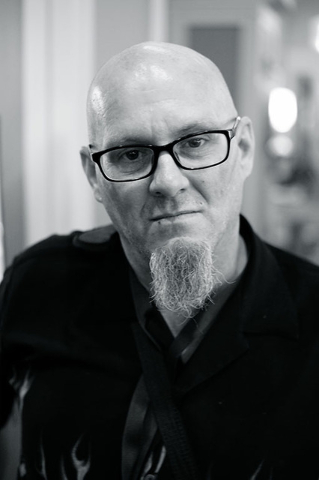Knapp: Payday loans and unintended consequences
In 2010, Congress passed and president Barack Obama signed the Dodd-Frank Wall Street Reform and Consumer Protection Act. Dodd-Frank created the Consumer Financial Protection Bureau and authorized it, among other things, to regulate “payday lending.” Six years later, the CFPB has finally issued new rules proposals pursuant to that power. The proposals are bad news for both lenders and borrowers.
Unless you’re wealthy and isolated from the real world, you’ve probably seen “payday loan” or “cash advance” businesses in your city’s strip malls and storefront districts. A person in a pinch can walk in, prove that he or she receives a paycheck and has a bank account, and receive a short-term, usually unsecured (but not always — some lenders take car titles as collateral) loan.
Because the risks of non-repayment are high — people who need payday lenders probably have no savings and poor credit — the interest rates are high, too. It’s also not unknown for borrowers who INTEND to repay the loan to get on a merry-go-round of just keeping up with interest payments. Some detractors refer to payday lending as “legal loan sharking.” Hold that thought for a moment.
The new CFPB rules would require lenders to do extensive research into borrowers’ finances to make sure that they can repay. They would also limit the “rolling over” of loans to just keep interest charges running, and limit interest rates on longer-term loans.
These rules sound like they’re intended to protect vulnerable consumers, but the road to hell is paved with good intentions. Their real effect would be three-fold:
First, the rules would probably drive some lenders out of business. To the extent that there is competition in the lending market, that competition presumably reduces interest to nearly the minimum profitable rate based on risk. Adding to lenders’ costs and capping their rates could very well make the game not worth the candle.
Secondly, the rules would make it harder for poor people in distress to borrow money. It’s easy to sit in CFPB’s Washington offices and believe that one is imposing financial responsibility on the irresponsible . It’s a good deal harder to forego baby formula or prescription medications for lack of ready cash in an emergency crunch.
Thirdly, the rules would bring back the REAL loan sharks — the kind who charge even higher interest rates and who break bones when they don’t get their money on time — and push the most vulnerable among us into their arms.
Personally, I hope I never need a payday loan. But if I do, I hope the industry is still there to provide it. CFPB’s rules are custom tailored to make that very unlikely. The rules would leave us all poorer and less financially secure.
Thomas L. Knapp (Twitter: @thomaslknapp) is director and senior news analyst at the William Lloyd Garrison Center for Libertarian Advocacy Journalism (thegarrisoncenter.org). He lives and works in north central Florida.











